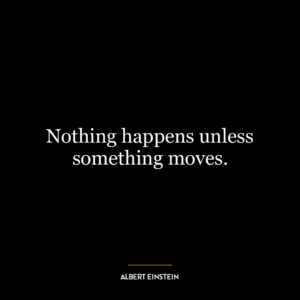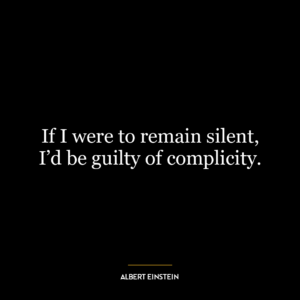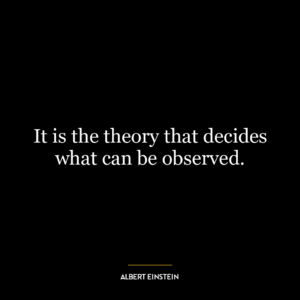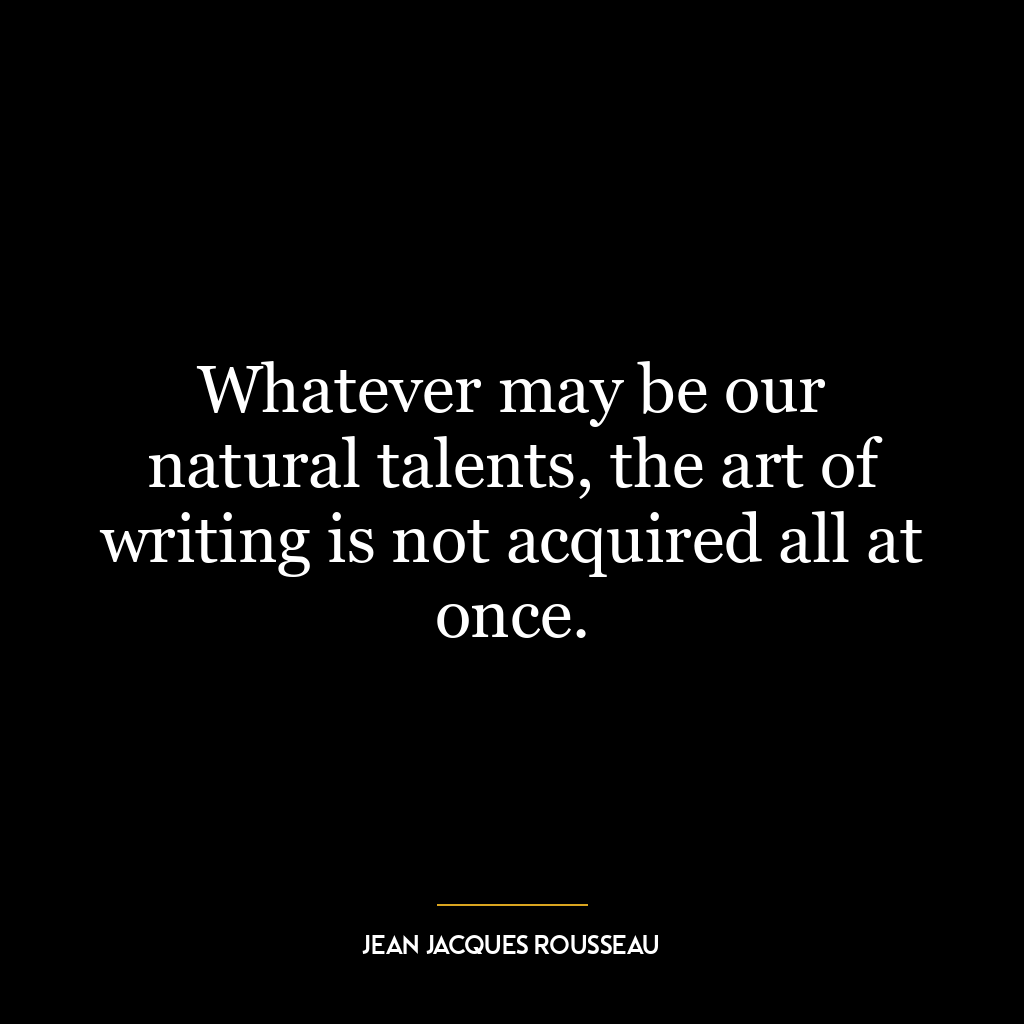This quote emphasizes the significance of maintaining a continual sense of inquiry and curiosity. It encourages us to always question, to always seek out answers, and to never be satisfied with the status quo. The use of the term “holy curiosity” suggests that the quest for knowledge and understanding should be revered and treated with a sense of sacredness. It implies that curiosity is not just a casual interest, but a deep-seated desire to understand the world around us, to push boundaries, and to continually seek out new knowledge and experiences.
The idea of never stopping questioning is a call to adopt a mindset of lifelong learning. It is about embracing the unknown, challenging existing beliefs, and being open to new ideas and perspectives. It’s about not accepting things at face value, but digging deeper to understand the why and how. It’s about being comfortable with ambiguity and uncertainty, and seeing them not as obstacles, but as opportunities for learning and growth.
In today’s world, this idea is more relevant than ever. In an era of information overload, it’s easy to accept information passively without questioning its source or validity. However, maintaining a “holy curiosity” encourages critical thinking, discernment, and active engagement with the information we consume. It helps us navigate the complexities of our world, make informed decisions, and contribute to meaningful discussions.
In terms of personal development, this quote suggests that growth and learning are ongoing processes that don’t stop at a certain age or stage in life. It encourages us to stay curious, to keep exploring, and to continually challenge ourselves. It reminds us that there is always more to learn, more to discover, and more to understand. By keeping our curiosity alive, we keep ourselves open to new experiences, new knowledge, and new ways of seeing the world, which ultimately leads to personal growth and development.











